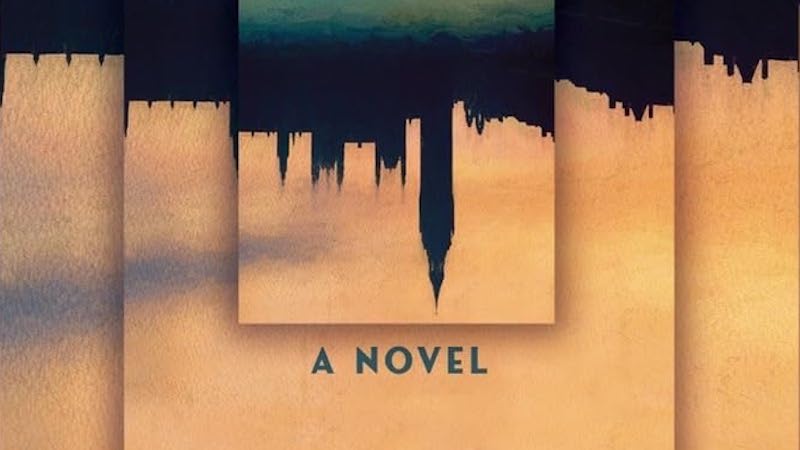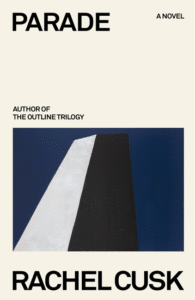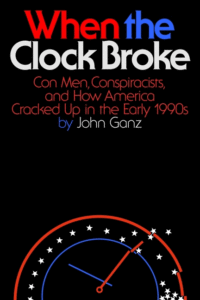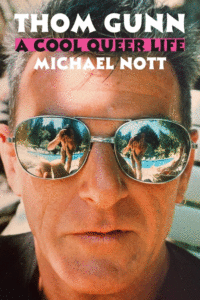
Rachel Cusk’s Parade, Francine Prose’s 1974, and Andrew O’Hagan’s Caledonian Road all feature among the best reviewed books of the week.
1. Caledonian Road by Andrew O’Hagan
(W. W. Norton)
5 Rave • 6 Positive • 5 Mixed
Read an excerpt from Caledonian Road here
“Halfway through Caledonian Road the deaths start to occur and the tone, so far lightly satirical, with the odd epigrammatic flourish, darkens in turn … Wildly readable, brimming with energy and filled with enjoyable contemporary detail. Brash, prating characters stalk its pages, demanding attention and understanding; yet, in Andrew O’Hagan’s redistributive narrative justice, the most heartfelt, and heart-rending, moments tend to involve those whose fate is to lurk on the periphery.”
–Suzi Feay (Times Literary Supplement)

2. Parade by Rachel Cusk
(Farrar, Straus and Giroux)
6 Rave • 7 Positive • 5 Mixed • 2 Pan
“An icy thought experiment … Intellectually, these thoughts can be exhilarating. Instead of plot or character development, Cusk offers a gimlet-eyed analysis of what it is to be the creator of a world in which nobody really exists … This Cuskian narrator’s voice – cold, detached, judgmental, excoriating – emerges as a dominant and distinctive energy, an individual … This deepening of chaos is Cusk’s artistic project here, and she delivers it coldly. No doubt she’s pausing now to observe our pain.”
–Lucy Atkins (The Guardian)
3. Sandwich by Catherine Newman
(Harper)
6 Rave • 1 Positive • 1 Pan
“Newman elegantly segues from Nora Ephron-like comic passages like that one to elegy. To return to the same place every summer, after all, is to be periodically brought up short by the passage of time … Sandwich is my idea of the perfect summer novel: shimmering and substantive. One more aspect of Newman’s book deserves highlighting: like many other recent novels by best-selling female authors—I’m thinking of Jennifer Weiner, Ann Patchett and Megan Abbott — Newman introduces a storyline here about abortion. She writes about that contested subject—and the emotions it engenders—in a way that I’ve never encountered in fiction before.”
–Maureen Corrigan (NPR)
**

1. When the Clock Broke: Con Men, Conspiracists, and How America Cracked Up in the Early 1990s by John Ganz
(Farrar, Straus and Giroux)
6 Rave
“Devotees of Ganz’s pugilistic writing on Substack may be surprised by the restraint he displays in his first book. When the Clock Broke is a work of narrative history that is comparatively light on confrontation and polemic … Opponents of the far right have an unfortunate tendency to caricature it as a coalition of hapless fools, incapable of mustering ideas and therefore beneath serious consideration. Ganz knows better than to take this condescending and intellectually dishonest approach. Instead, he tackles reactionary belligerence with appropriate rigor.”
–Becca Rothfeld (The Washington Post)

2. Thom Gunn: A Cool Queer Life by Michael Nott
(Farrar, Straus and Giroux)
4 Rave • 1 Positive
“There are two basic types of poetic biography: the critical study with biographical elements, and the complete life for scholarly posterity. Nott’s is the latter, with an emphasis on ‘complete’ … Has set out here to produce a work sturdy enough to support decades of future commentary on Gunn. He’s succeeded—this book is everything you ever wanted to know about Thom Gunn but had not even thought about asking.”
–David Orr (The New York Times Book Review)
3. 1974: A Personal History by Francine Prose
(Harper)
4 Rave • 2 Positive
Read an excerpt from 1974 here
“Prose skillfully interweaves the political and the personal elements of this watershed time … She widens her lens on each intimate anecdote, narrows it on information-enriched passages that might otherwise feel dryly didactic. You’d have to read many, many books to deduce what Prose serves up here in just a few sentences: a revolution rendered as roux … The era Prose profiles under the title 1974 produced crucial social advances, and did collateral damage to those, such as Russo, who were driven mad by the effort required. Fortunately for us, that period also yielded the best book yet by the wildly prolific, astonishingly talented Francine Prose.”
–Meredith Maran (The Los Angeles Times)

